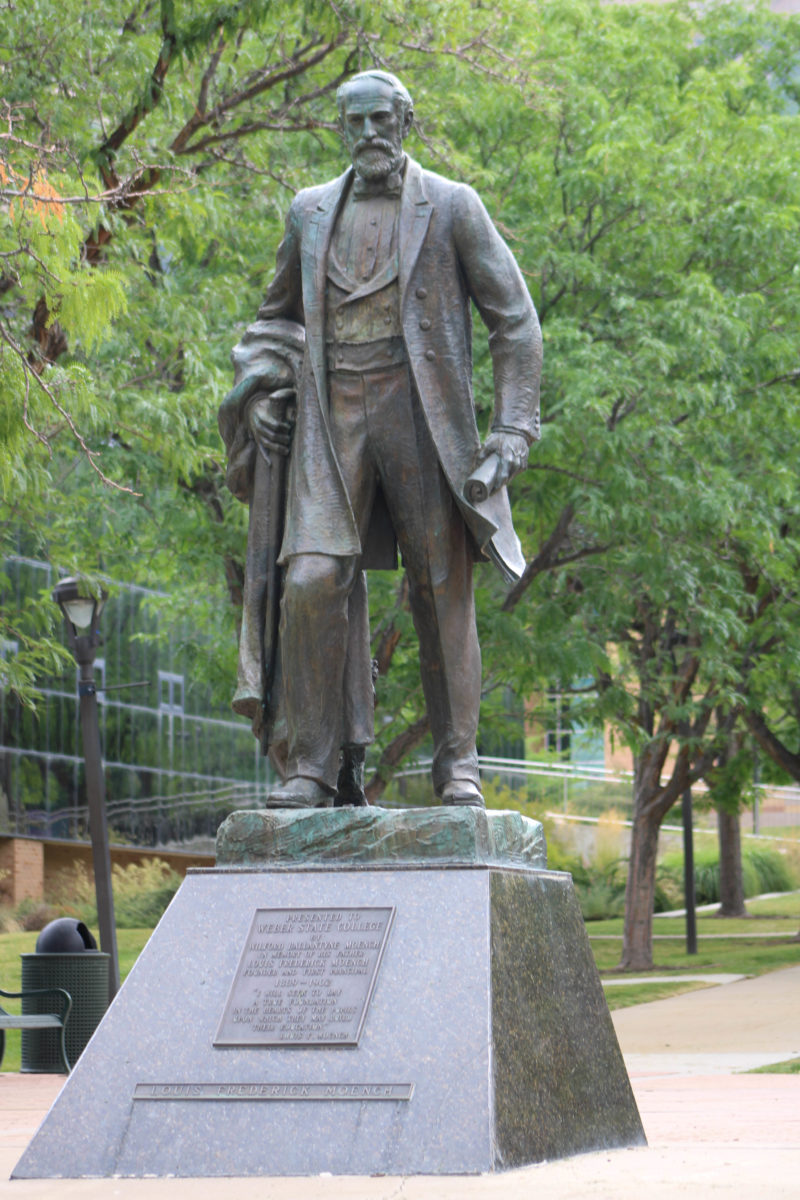From my time at Weber State University, I have heard of three widespread superstitions. And for those new to campus, I shall enlighten you.
Before we look at superstitions, it would be helpful to have a singular definition of superstition.
There are two definitions found in most dictionaries, however, it can be simplified as a supernatural or non-scientific reason for an action.
The first superstition is that the testing center located in Lindquist Hall is lucky. Similar to how you might have one chair in a class you prefer, the same can happen with testing centers because humans are just creatures of habit. We also have a tendency to draw conclusions from small pools of evidence.
A student might be well-studied and go to their favorite testing center. They pass because they studied and know the material. However, one day for whatever reason, they might use a different center and do worse. Their brain makes the conclusion that it must be the center instead of not getting enough sleep or a weak spot in their knowledge.
The second superstition is that stepping on any college icon or emblem is bad luck. I have been unable to corroborate this, but the idea of negative outcomes befalling anyone who defiles a precious symbol could come from just that — defiling the symbol. Both metaphorically and physically, you are putting a symbolic representation of your college or team under you. The idea is similar to that of stepping on a crack leading to breaking your mother’s back.
For this observation, it might be worth keeping an eye out for any representation of Weber State adorning the ground.
The third and possibly most well-known is that rubbing the right foot of the statue of Louis Fredrick Moench, founder and first principal of what came to be Weber State University, brings good fortune.
There is a lack of consensus as to what type of luck or fortune rubbing the foot brings, split between general good fortune and high scores on tests, but either is welcome for us students.
It could be noted that flowers have been seen on the pedestal, which could lead to the conclusion that at least one student has expanded the superstition to giving offerings in exchange for even more luck.
Whether you believe these superstitions or not, it can be a nice break from the mundane to think about possible superstitions around campus.















